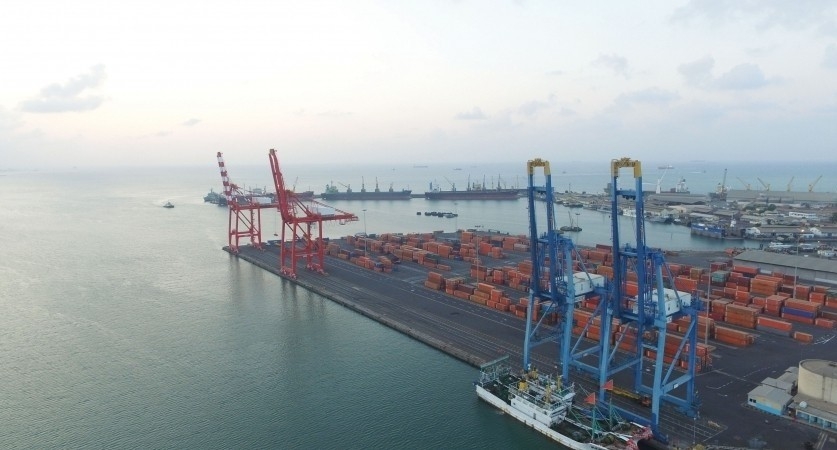DPFZA hits at DP World for contrary remarks
Disagreeing to the unfounded claims made recently by DP World, the Djibouti Ports and Free Zones Authority (DPFZA) has issued a statement mentioning that the opening of the Djibouti International Free Trade Zone (DIFTZ) is fully in line with international laws and standards
July 18, 2018: Disagreeing to the unfounded claims made recently by DP World, the Djibouti Ports and Free Zones Authority (DPFZA) has issued a statement mentioning that the opening of the Djibouti International Free Trade Zone (DIFTZ) is fully in line with international laws and standards. The opening of the DIFTZ does not violate DP World’s contractual rights in any way.
Aboubaker Omar Hadi, chairman of DPFZA, said, “DPFZA deeply regrets the repeated, misleading comments from DP World. DP World seems to be engaged in a sustained but futile campaign to misrepresent the facts. DP World’s stubborn behaviour and attitude towards Djibouti, including its attempt at rent-seeking in regard to the operation of Doraleh Container Terminal (DCT), has had no place on the African continent since the end of colonisation.”
He further stated, “It should be recalled that DP World did not exist outside of Dubai before its agreement with Djibouti in 2000, which was its first deal outside of its home territory. Dubai Ports International was only created at that time, whereas Djibouti has been managing ports for many years due to its highly strategic location and long history as a maritime nation.”
“DPFZA continues to develop a world-class trade and logistics hub, thanks to long-standing links with major international businesses. Djibouti remains committed to undertaking fair business partnerships with companies from around the world.”
Background
The Doraleh Container Terminal (DCT) concession agreement between DPFZA and DP World was cancelled in February 2018 due to severe irregularities that threatened the national interest and sovereignty of Djibouti. DP World did not run DCT to the best of its ability in spite of a favourable business context. In fact, DP World deliberately allowed DCT to underperform to the advantage of its other assets in the region.
DP World’s monopoly to develop seaports and free zones at will on Djibouti’s entire territory was not acceptable. It was blocking fair competition and hijacking the development of maritime infrastructures on the world’s second busiest sea route, with serious consequences for Djibouti’s national economy. The cancellation of the DCT concession was also due to severe governance irregularities in the original agreement, which enabled DP World to deliberately maintain the terminal in a state of underperformance.
During the 10-year agreement with DP World (2008-2018), DCT achieved only 57 percent of its planned capacity. Despite operating in a favourable import-export environment and being located on one of the world’s busiest maritime routes, DCT was half empty. Since February 22, 2018, under new management of the terminal, container traffic has already increased by 32 percent and productivity has improved.
Contrary to international standards for infrastructure projects, the former agreement did not provide Djibouti with any powers to monitor, and thus ensure the proper performance of an asset which is strategic for its economic development. Concretely, Djibouti had no control over DCT and no right to information over the performance and tariffs. This biased governance scheme was unsustainable for DPFZA and the government of Djibouti.
DP World was in a situation of conflict of interest, as it operated (and plans to operate in a near future) other port facilities that are or will be direct competitors to the DCT. The situation severely threatened Djibouti’s national interest, especially as it was combined with an absolute monopoly to develop seaports and free zones on Djibouti’s entire territory.




